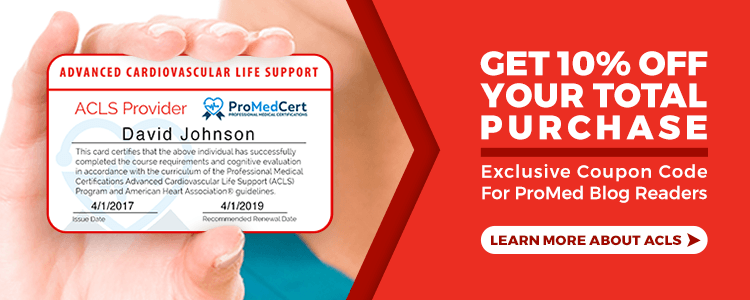The Effects of Illegal Drugs on the Heart
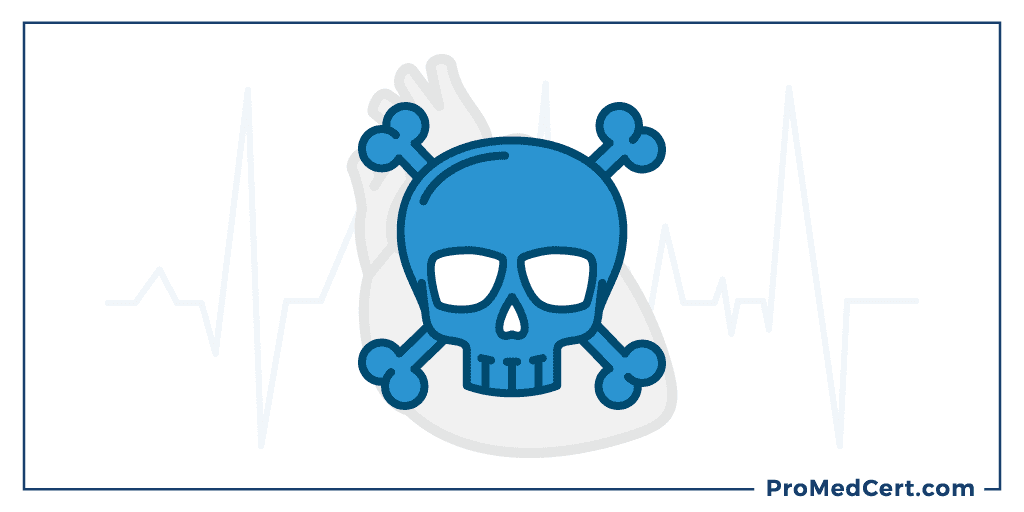
Illegal drug abuse and addiction have become an incredibly dire problem across the country, affecting people of all ages and walks of life.
Drugs that are sold for recreational use and are not legally approved present a whole host of serious and often deadly consequences, particularly in terms of how they impact the heart.
The type and severity of complications a person may suffer depend on the drug being used and a number of other factors.
These problems may include everything from a change in heart rate, to worsening of existing heart conditions, heart failure and even death.
As a medical professional, it’s important to understand the impact illegal drugs can have on a patient’s heart.
And given the growing epidemic of drug abuse in the US, learning about the various narcotics being used as well as the effects each one has can literally mean the difference between life and death.
Let’s take a look at a few of the more common illegal drugs you may encounter at some point in your career and the havoc each one can wreak on the human body.
Heroin
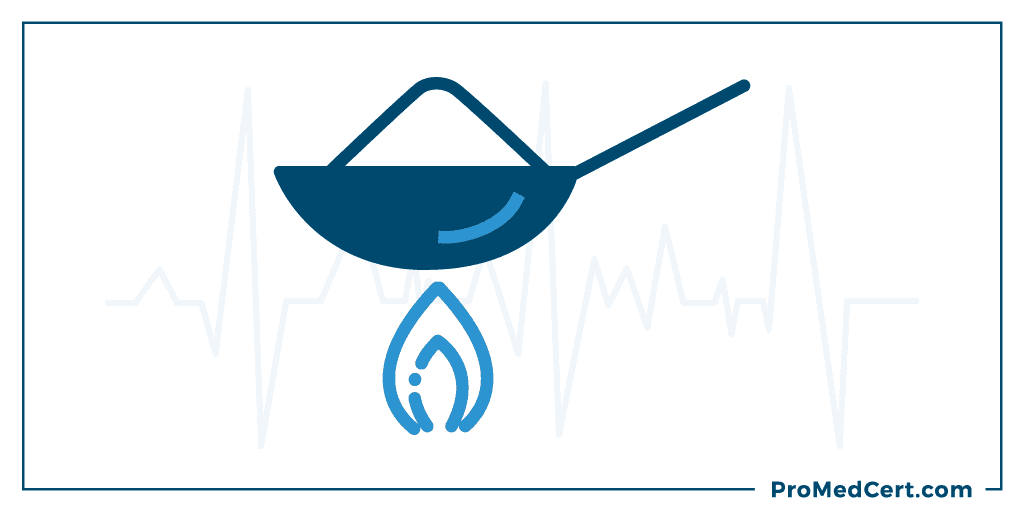
Heroin is highly addictive opiate that is related to - but up to four times stronger than - the pain-relieving drug morphine.
It comes in a variety of different forms and can be injected intravenously, smoked or snorted.
Users of heroin report experiencing a state of incredible relaxation and a temporary feeling of euphoria.
Short-term effects of heroin on the body include a slowing of respiratory rate and cardiac function, decreased metal state, muscle weakness, skin infections and scarring of the skin and veins due to repeated injections.
While under the influence, users often move in and out of consciousness.
Long-term effects of heroin abuse include collapsed veins, decreased liver function, increased risk of kidney disease and/or failure, abscesses and a severely weakened immune system.
Chronic heroin use can also lead to the development of pulmonary edema and empyema.
Cardiovascular effects include infections of the valves and blood vessel linings of the heart.
The risk of heroin overdose and subsequent death is relatively high.
Opium
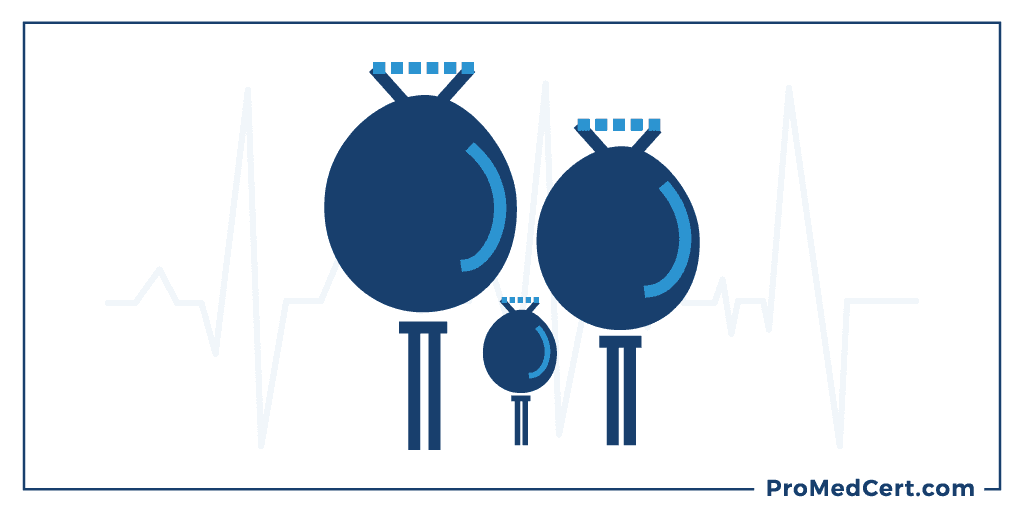
Opium is a highly addictive illegal narcotic that is derived from the opium poppy.
Similar to heroin, opium is an opiate.
The difference is, however, that opium comes in its most unprocessed form.
It can either be smoked or ingested orally.
Users of opium report a feeling of relaxation and often experience a temporary relief from pain or anxiety.
Side effects of opium abuse include heightened anxiety, impaired coordination, weight loss, mental deterioration, nausea and impaired vision.
More dangerously, smoking opium for prolonged periods of time can lead to long-term damage of the heart, liver, lungs and kidneys.
Opium overdose may result in convulsions, circulatory collapse, coma and death due to respiratory failure.
Initially, use of opium may affect the heart by reducing the heart rate, but in cases of overdose, it can ultimately lead to cardiac arrest.
Cocaine
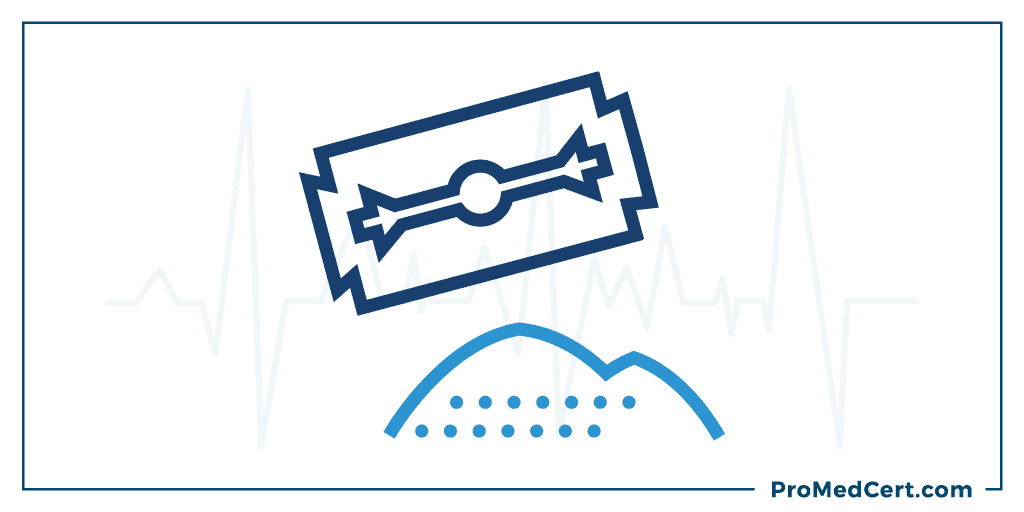
Cocaine is a powerful stimulant drug that is derived from the coca plant.
Users either snort cocaine through the nose, rub it into their gums or inject it directly into the bloodstream.
Cocaine can also be processed and turned into a crystallized rock, which is a form of the drug known as crack.
Crack cocaine is heated and smoked.
Those who use cocaine report a feeling of euphoria, increased alertness and energy, and often experience delusions of supremacy.
As the effects of the drug wear off, anxiety, paranoia and restlessness often set in.
The body temperature also tends to rise, as do pulse rate and blood pressure.
Users may also experience shortness of breath as they come down from their drug-induced “high.”
Short-term effects of cocaine include dehydration and dry mouth, which can lead to damage of the teeth.
Long-term abuse can result in kidney failure, severe bowel decay, malnourishment, strokes and a greater risk of contracting autoimmune diseases or blood-borne illnesses.
Prolonged use of cocaine can also lead to stiffening of the arteries and thickening of the heart muscle walls.
A dangerous increase in blood pressure and the increased risk of arrhythmia can both result in heart attack and death.
Cocaine also interferes with certain cardiac drugs that are often used to treat heart attacks, such as beta blockers.
As a result, fatality is a serious possibility.
Methamphetamine
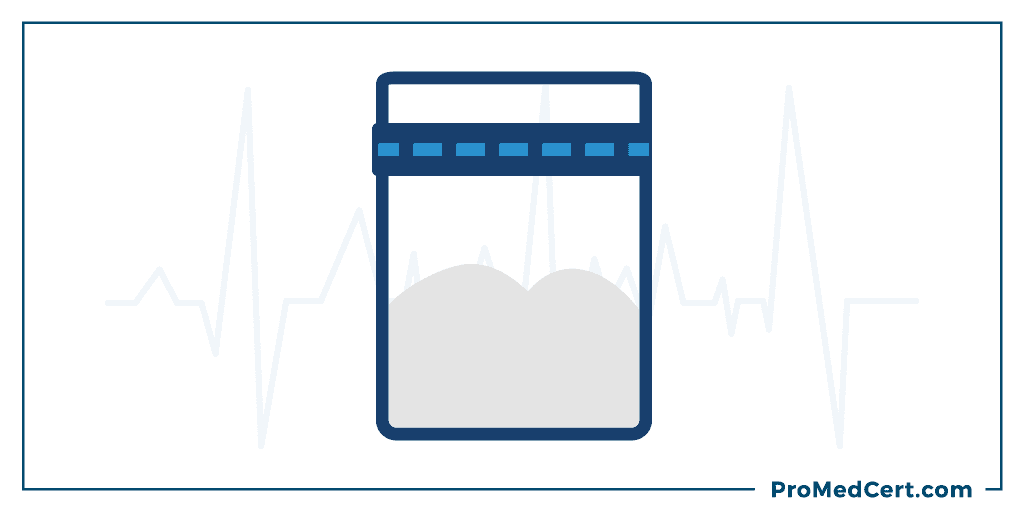
Methamphetamine, known as meth for short, is a highly addictive stimulant that is chemically related to the medications often prescribed to treat conditions such as ADHD and obesity.
It typically enters the system via snorting, swallowing, smoking or injecting.
Users of meth report a feeling of euphoria, a boost in mood, an increase in alertness, energy and/or concentration and sometimes an increase in sexual desire.
Harmful side effects of meth use include hyperactivity, rapid and/or irregular heart rate, excessively high or low blood pressure, psychosis, depression and suicidal thoughts.
Long-term effects include damage to the teeth, higher risk of Parkinson’s disease and potential brain damage.
Cardiovascular effects can include arrhythmia, as well as damage to the heart muscles and blood vessels, which can lead to congestive heart failure or stroke.
LSD
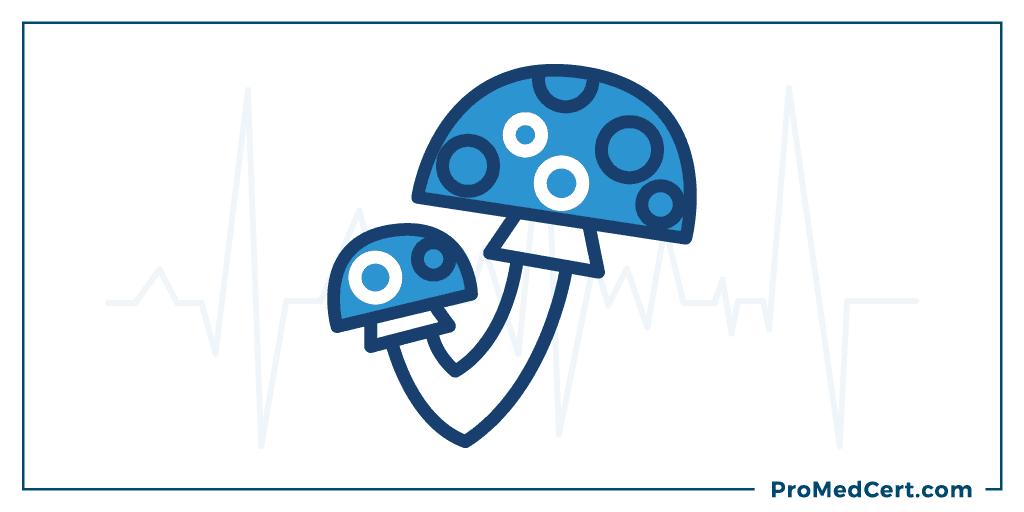
Lysergic acid diethylamide, or LSD for short, is a powerful hallucinogenic drug that alters how users perceive reality.
It is taken either in tablet or capsule form, or in liquid form on stamps, paper or gelatin sheets.
Side effects of LSD usage include loss of appetite, elevated body temperature, dry mouth, sweating, dramatic mood swings and notably dilated pupils.
Long-term effects can include paranoia, memory loss and vivid flashbacks which are often triggered by stress.
LSD affects the cardiovascular system by causing a spike in heart rate and blood pressure.
In high doses, LSD use could result in heart failure and risk of death.
Ecstasy
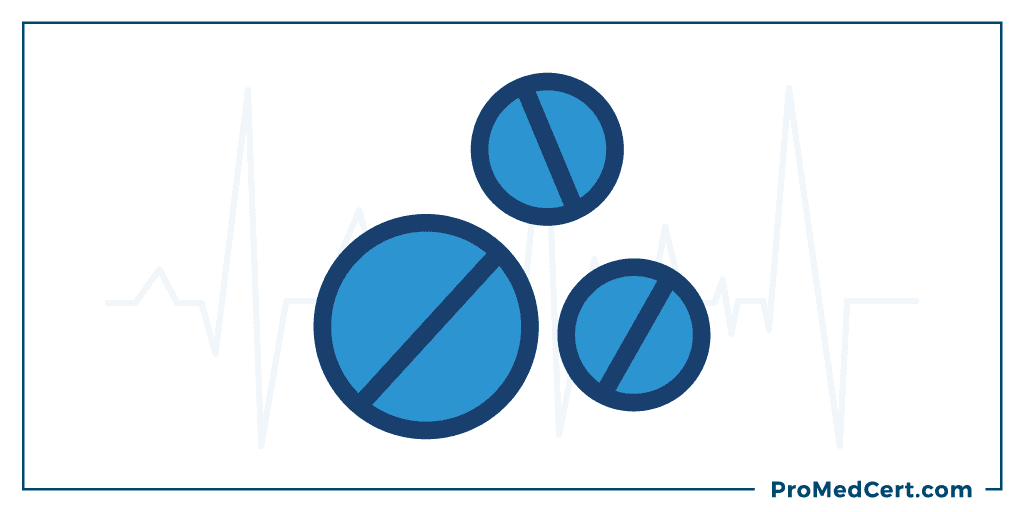
MDMA, known on the street as Ecstasy (or XTC), is a psychoactive drug that produces an altered emotional state.
It is usually consumed in tablet form, however, some snort the powder and/or swallow drug in its liquid form.
Users taking Ecstasy often report a feeling of intense euphoria, a positive boost in mood, a reduced sense of anxiety, a greater desire for intimacy, extroverted behavior and more.
Short-term negative effects of XTC include paranoia, depression, anxiety, fatigue, irritability, insomnia and loss of appetite.
Dehydration during use of the narcotic, particularly when combined with alcohol consumption, can lead to hypothermia.
Increased heart rate, palpitations, inflammation of the heart wall and excessively high or low blood pressure may also occur, potentially leading to heart failure.
Long-term cardiovascular impact may include physical damage to the heart, pulmonary hypertension, stroke and severe heart attack.
Synthetic Cathinones
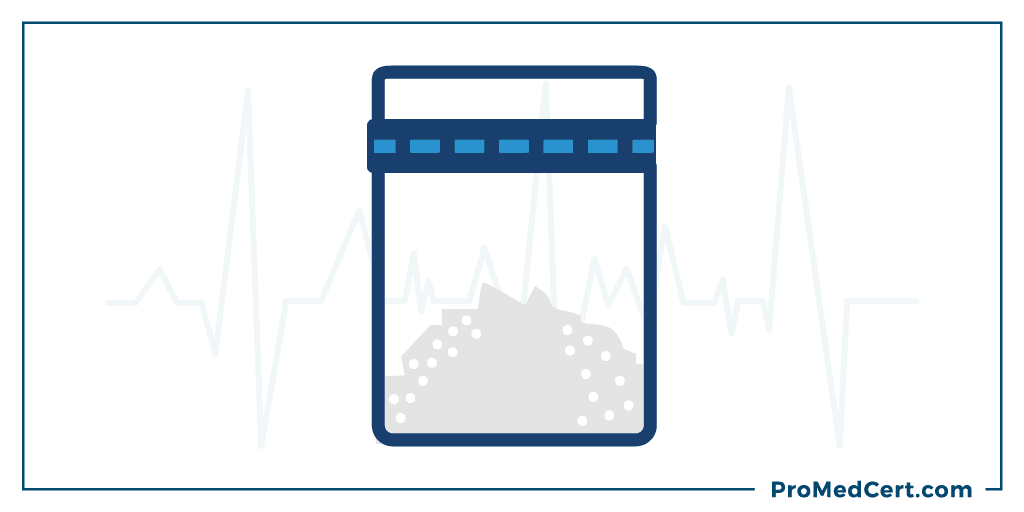
Synthetic cathinones are more commonly known by their street name: “Bath Salts.”
Unlike the name implies, bath salts are not bathing products, but rather a powerful and highly dangerous man-made psychoactive substance.
Bath salts are typically taken by swallowing, smoking, snorting or injecting the crystal-like powder.
Short-term side effects of synthetic cathinones include nosebleeds, nausea, muscle tension, confusion, lowered inhibition, excessive sweating, anxiety and depression.
Severe side effects, which are frighteningly common, include paranoia, excited delirium and extreme violence.
Bath salts can also lead to hyperthermia, seizures and shock.
Long-term damage from bath salt use can include hypotension (low blood pressure), arrhythmia, increased blood pressure and heart rate, myocardial infarction (heart attack) and/or cardiac arrest.
It can also lead to kidney failure, liver damage, brain swelling and a breakdown in skeletal muscle tissue.
Given the current landscape, drug abuse isn’t going anywhere any time soon.
Nurses and other medical professionals must prepare for the inevitable – having to care for a patient who has abused illegal drugs.
By educating yourself on the various substances and their effects on the body, you’ll be better prepared to deliver the appropriate treatment that will hopefully result in a positive outcome.

